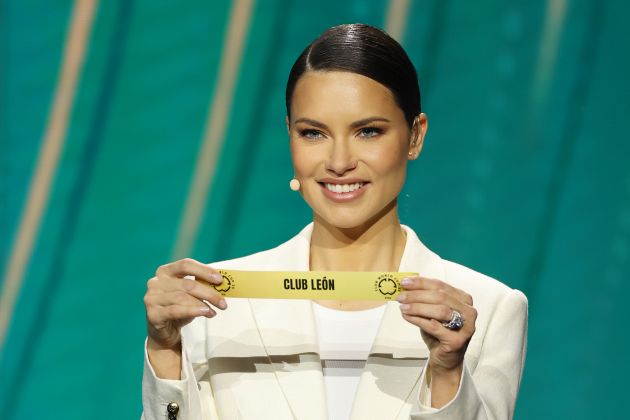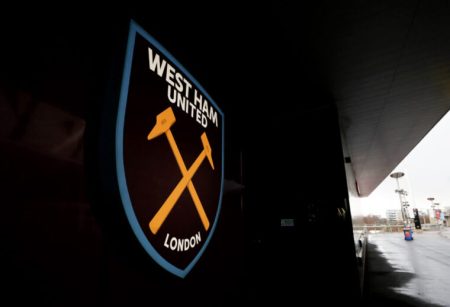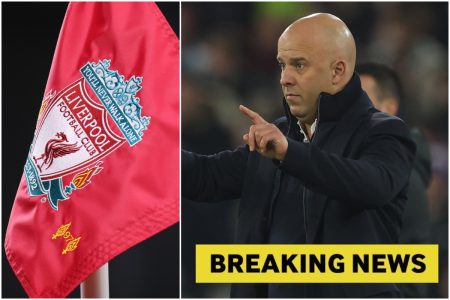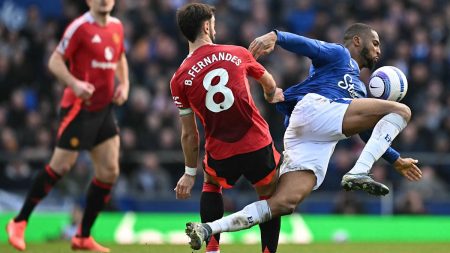Messy FIFA Ruling and Its Implications
You could always count on FIFA to create chaos in the world of football, and their recent decisions are no exception. The governing body’s handling of the 2025 FIFA Club World Cup has stirred up significant controversy, particularly within the Premier League. The most notable issue is FIFA’s apparent bending of the rules to ensure Lionel Messi’s Inter Miami is part of the expanded competition, despite the club not winning the MLS Cup. This move has not only raised eyebrows but has also left many feeling bitter, especially the MLS Cup winners, LA Galaxy, who understandably feel robbed of their rightful place in the tournament.
Premier League Clubs React with Fury
The decision by FIFA has sparked outrage among Premier League clubs, and it’s easy to see why. Man City ace Kevin De Bruyne’s critical comments reflect the frustration felt by many players and clubs. De Bruyne highlighted the impractical scheduling, noting the mere three weeks between the Club World Cup final and the start of the 2025/26 Premier League season. “The real problem will emerge after the Club World Cup,” he said, emphasizing the tight turnaround and the grueling 80-match season that lies ahead. The Professional Footballers’ Association in England and other player associations have been working to find solutions, but the continuous addition of extra matches by UEFA and FIFA has made it challenging. De Bruyne’s sentiment is clear: “It seems that money speaks louder than the players’ voices.”
FIFA’s New Transfer Window Complication
Adding to the chaos, FIFA has announced the opening of a short transfer window before the Club World Cup for participating teams. This decision has created a ripple effect, with other Premier League clubs demanding the domestic window to open simultaneously. The rationale is straightforward: clubs not participating in the Club World Cup do not want to be at a disadvantage. However, this brings a new set of issues. The time limit on how long any transfer window can be open means that if Premier League clubs are granted the same courtesy, the second part of this summer’s window would have to close earlier than usual. This could lead to a situation where the Saudi Pro League and other leagues might have a significant advantage, scooping up high-quality players after the Premier League window closes.
Impact on Transfer Strategies
The potential for two transfer windows this summer has significant implications for Premier League clubs’ transfer strategies. Clubs will need to be strategic and perhaps more proactive in their pursuit of new talent, knowing that the window might close earlier than expected. This could result in a more condensed and competitive transfer market, with clubs racing to secure their preferred players before the window closes. The added pressure could also lead to higher transfer fees as clubs compete to sign players in a shorter timeframe. The ripple effect of FIFA’s decision extends beyond the immediate transfer window, potentially affecting the entire season’s dynamics.
The Broader Picture
The controversy surrounding the Club World Cup and the new transfer window highlights a broader issue in modern football: the increasing commercialization and the tension between financial interests and the well-being of players and clubs. FIFA’s decisions often seem to prioritize financial gains over the practical and ethical considerations of the sport. This has led to a growing divide between the governing bodies and the clubs, players, and fans who feel increasingly marginalized. The Premier League, known for its competitive spirit and high standards, is particularly vulnerable to such disruptions. The league’s clubs, which invest heavily in talent and infrastructure, are rightly concerned about the impact of these decisions on their performance and long-term success.
Moving Forward
As the football community grapples with these challenges, the need for a more collaborative and player-centric approach becomes evident. FIFA and UEFA must listen to the concerns of clubs, players, and associations and work towards solutions that respect the integrity of the sport. The introduction of two transfer windows and the tight schedule surrounding the Club World Cup are just the latest in a series of decisions that highlight the need for better governance and transparency. The onus is on these organizations to find a balance that benefits all stakeholders, rather than prioritizing short-term financial gains at the expense of the sport’s long-term health.











